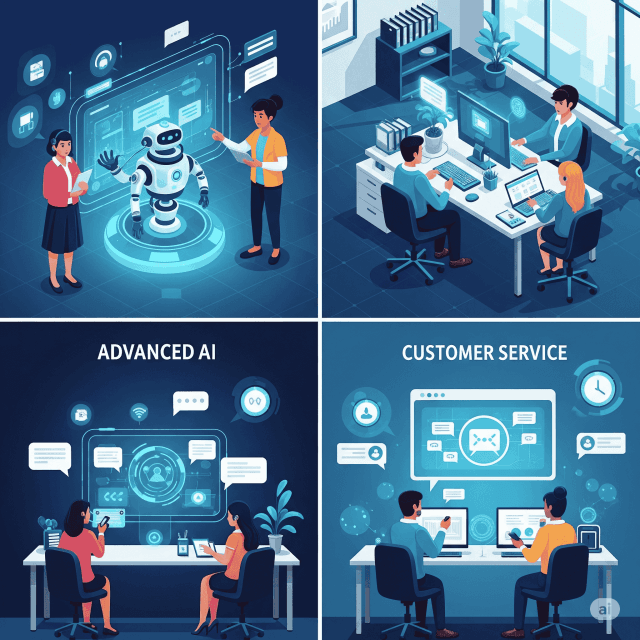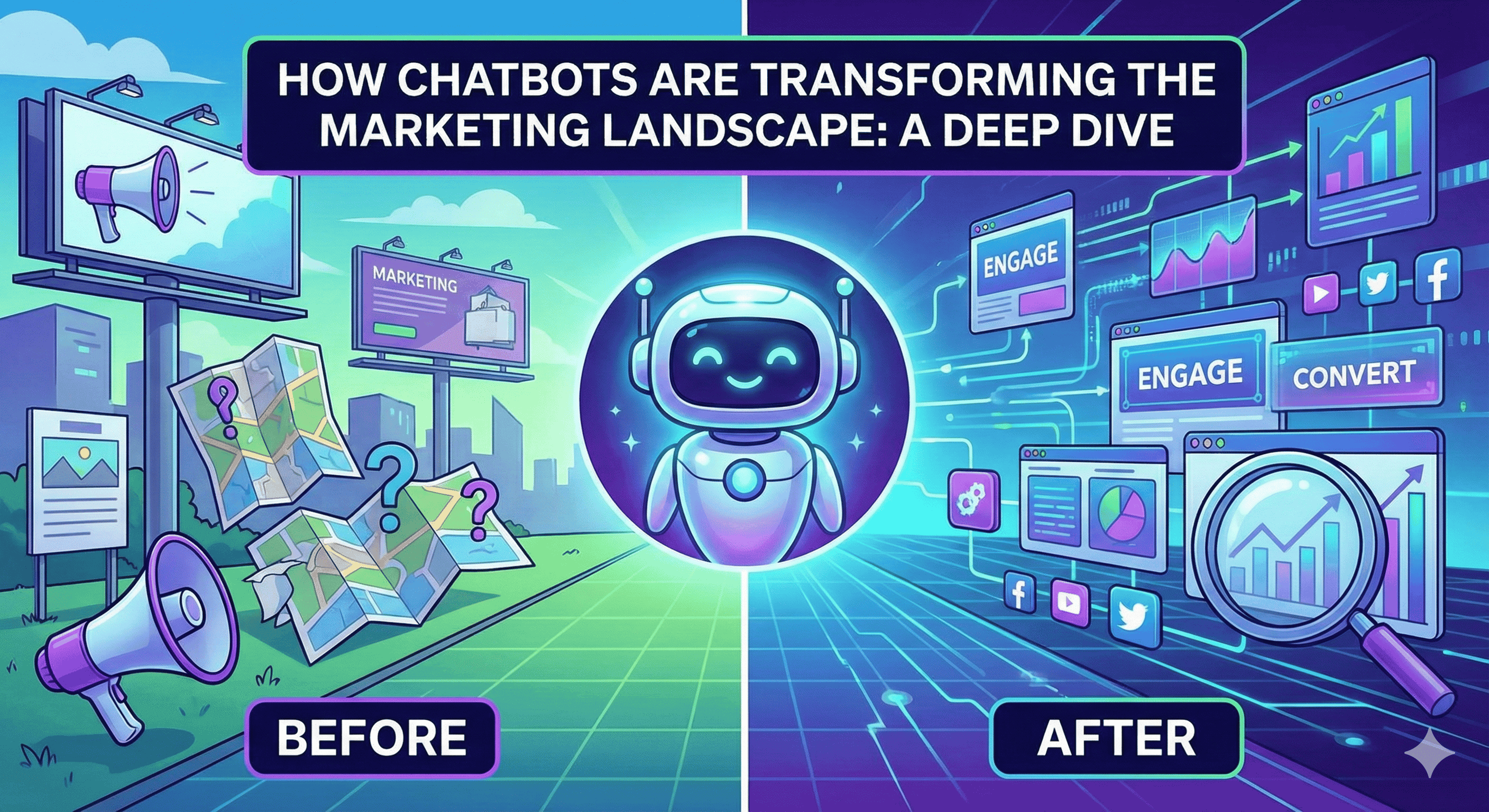In the evolving landscape of customer service, artificial intelligence (AI) has emerged as a transformative force. Chatbots, once relegated to handling simple queries, now represent just a fraction of AI’s potential in enhancing customer interactions and driving marketing efforts. As businesses embrace this technology, understanding its implications becomes crucial for staying competitive in an increasingly digital world.
The Rise of AI in Customer Service
Enhanced Efficiency
One of the primary advantages of AI in customer service is the ability to handle inquiries and issues round-the-clock. Chatbots can manage multiple customer interactions simultaneously, reducing wait times significantly. This efficiency not only improves customer satisfaction but also allows human agents to focus on more complex issues, thus optimizing the workforce.
Personalization
AI’s ability to analyze data enables businesses to tailor their marketing strategies to individual customers. Machine learning algorithms can predict customer behavior, preferences, and purchase history, allowing for hyper-personalized interactions. For instance, chatbots can recommend products based on past purchases or browsing history, creating a more engaging shopping experience.
The Evolution of Chatbots
From Simple Interfaces to Advanced Conversational Agents
Chatbots have evolved from basic question-and-answer interfaces to sophisticated conversational agents. Modern chatbots utilize natural language processing (NLP) to understand and respond to customer inquiries effectively. This evolution has made interactions feel more intuitive, as bots can now handle natural language queries and engage in more complex conversations.
Integration with Other AI Technologies
The integration of chatbots with other AI technologies further enhances their capabilities. For instance, combining chatbots with sentiment analysis can help businesses gauge customer emotions and tailor responses accordingly. This level of understanding can lead to more effective resolutions and a better overall experience.
AI-Driven Analytics
Customer Insights
AI systems can analyze vast amounts of data in real time, providing valuable insights into customer behavior. Businesses can track engagement metrics, customer satisfaction scores, and even sentiment trends, allowing for continuous improvement in service delivery.
Predictive Analytics
By employing predictive analytics, businesses can anticipate customer needs and preferences. This proactive approach means they can address potential issues before they escalate, leading to increased customer loyalty and retention.
Challenges and Considerations
Balancing Automation with Human Touch
While AI enhances efficiency and personalization, it cannot fully replicate the human touch. Businesses must strike a balance between automated solutions and human interaction. Maintaining empathy in customer service interactions is crucial, especially for sensitive issues that require a more nuanced approach.
Data Privacy Concerns
The use of AI in customer service raises significant data privacy concerns. As businesses collect and analyze customer data, they must prioritize data security and comply with regulations such as GDPR. Transparency is key to building and maintaining customer trust.
The Future of AI in Customer Service
Omnichannel Support
The future of customer service lies in omnichannel support, where AI seamlessly integrates across various platforms—social media, email, and messaging apps. This consistency allows for a cohesive customer experience, regardless of the channel used.
Continuous Learning
As AI technology progresses, chatbots will become more adept at learning from interactions. Incorporating machine learning allows these systems to improve over time, enhancing their ability to understand and respond to customer inquiries.
Human-AI Collaboration
The future will also see greater collaboration between humans and AI. Businesses can leverage AI to provide agents with real-time insights and support, allowing them to resolve customer issues more effectively.
Conclusion
AI, driven by technologies such as chatbots, is redefining customer service in marketing. By enhancing efficiency, personalizing interactions, and offering valuable insights, AI provides businesses with powerful tools to improve customer experience. However, the challenge remains to balance automation with the human touch, ensuring that customer service remains empathetic and trustworthy. As we look to the future, the synergy between AI and human agents will shape the next generation of customer service. Embracing these changes will not only enhance customer satisfaction but also drive business success in a rapidly transforming marketplace.









